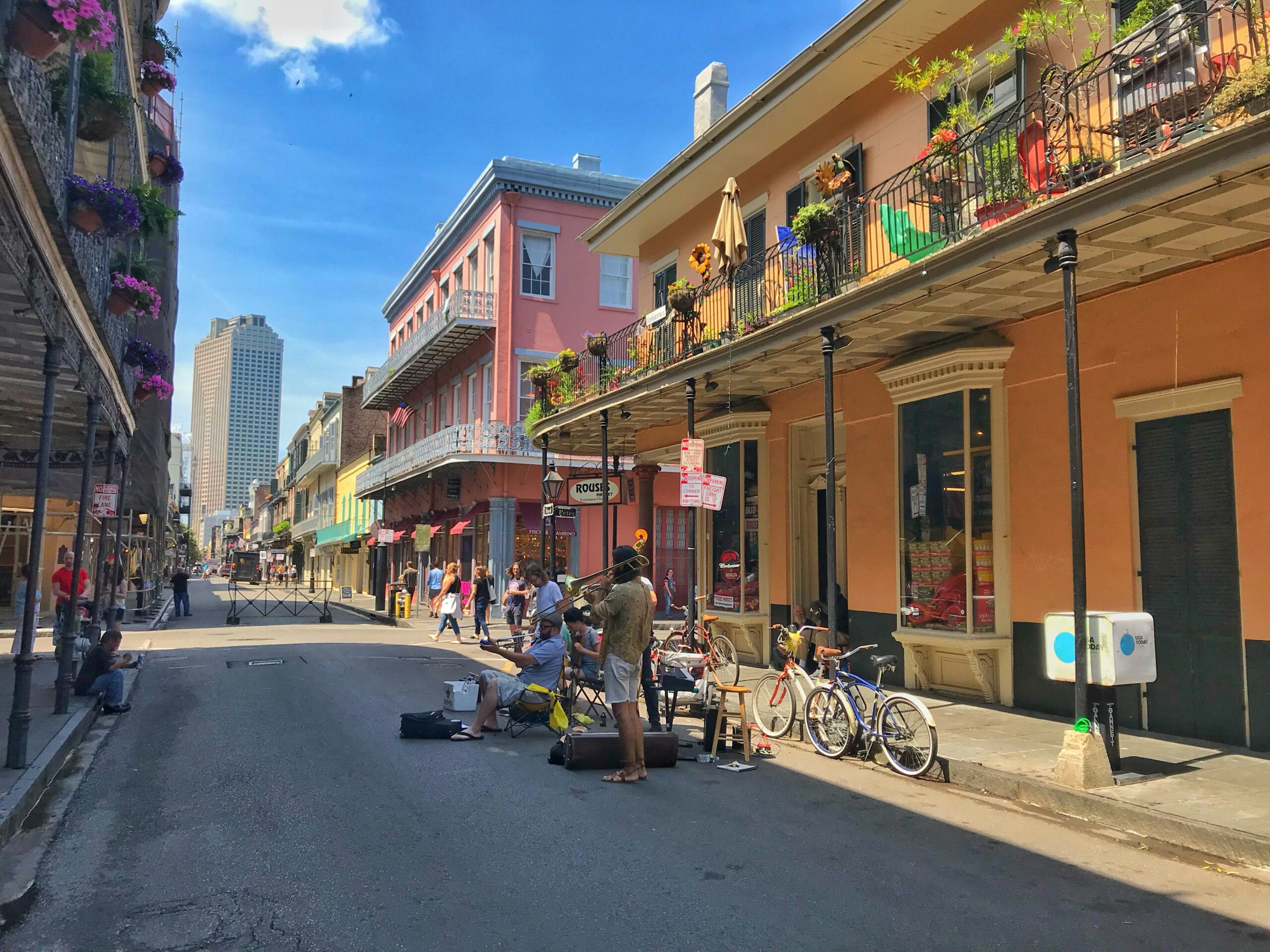
- Several states have moved forward, or outright approved, bills to ban sweepstakes
- The Louisiana Senate approved a bill to ban dual-currency sweepstakes games
- Montana, New York, and Connecticut all also advanced bills against the form of gaming
It’s been a busy few weeks for states looking to approve legislation banning dual-currency sweepstakes games.
The Louisiana Senate this week unanimously approved Sen. Adam Bass’s (R-36) bill, SB 181, to ban dual-currency sweepstakes gaming and prohibit casino-style gaming such as slot machines, lottery games, and sports betting by a 39-0 vote.
Montana, New York, and Connecticut lawmakers all moved sweepstakes banning bills forward as well.
Louisiana Seeking Stiff Penalties
If approved, the Louisiana Gaming Control Board will have the ability to bring civil enforcement actions and impose civil penalties on companies engaging in the illegal form of sweepstakes gaming. The Louisiana Gaming Control Board will have the ability to fine operators, promotors, media affiliates, or providers if they engage in or procure revenue from the illegal form of sweepstakes gaming. The board will be able to levy fines from $10,000 to $100,000 per incident.
Bass’s legislation prohibits sweepstakes games that utilize a dual-currency system of payment that allows a customer to exchange the currency for any prize, award, cash, cash equivalents, or a chance to win a prize that simulates a form of gambling.
The bill will ban sweepstakes gambling that mirrors the following:
- Casino-style gaming such as slot machines, video poker, and table games such as blackjack, roulette, craps and poker
- Lottery games, including draw games, instant win games, keno, and bingo
- Sports betting
The bill has yet to be assigned to a committee in the House.
Montana Close to Banning Sweepstakes
Montana is also inching closer to becoming the first state to outright ban sweepstakes. The Montana Senate and House of Representatives have both approved SB 555, a bill designed to revise gambling laws in the state.
The House most recently approved the bill by an 88-11 vote on April 23. The Senate moved the bill forward on April 5.
While never outright naming sweepstakes, it prohibits the following:
“The term (internet gambling) includes online casinos, by whatever name known, which constitute internet gambling and therefore are prohibited. This includes but is not limited to any platform, website, or application that knowingly transmits or receives gambling information, allows consumers to place a bet or wager using any form of currency, and makes payouts of any form of currency.”
The wording likely targets dual-currency sweepstakes gaming.
New York, Connecticut Both Move Legislation Forward
Both Connecticut and New York lawmakers have moved legislation banning sweepstakes forward at the committee level.
The Connecticut Senate Judiciary Committee unanimously approved SB 1235, which prohibits unlicensed participation “in certain real or simulated online casino gaming or sports wagering,” by a 37-0 vote. It’s scheduled to next be reviewed on May 5 by the Office of Legislative Research and Office of Fiscal Analysis.
The New York Assembly Racing and Wagering Committee also unanimously approved AB 6745 by an 11-0 vote. The assembly bill, which is the Senate version of SB 5935, officially prohibits online sweepstakes games and revenue from illegal markets, plus lays out potential fines for operators or affiliates who offer or accept revenue from the prohibited games.
In recent months, several bills proposing bans on sweepstakes have been gaining traction and advancing through various legislative bodies. These bills aim to crack down on what some lawmakers see as a predatory practice that preys on vulnerable individuals and encourages gambling behavior.
Sweepstakes, which are often promoted through direct mail, phone calls, and online advertisements, typically require participants to make a purchase or pay a fee in order to enter and have a chance at winning a prize. While some sweepstakes are legitimate and offer valuable prizes, others have been criticized for misleading participants and using deceptive tactics to extract money from them.
Proponents of the bans argue that sweepstakes can be particularly harmful to low-income individuals and those with gambling addictions, who may be more susceptible to the allure of a potential cash prize. They also point to the fact that many sweepstakes operators target elderly individuals, who may be more easily swayed by promises of wealth.
Opponents of the bans, on the other hand, argue that sweepstakes are a legitimate form of marketing and should be allowed to continue. They contend that individuals have the right to participate in sweepstakes if they choose to do so, and that banning them would infringe on their freedom of choice.
As these bills continue to move through the legislative process, it remains to be seen whether they will ultimately be passed into law. In the meantime, individuals are encouraged to exercise caution when participating in sweepstakes and to be wary of any offers that seem too good to be true. By staying informed and vigilant, consumers can protect themselves from falling victim to potentially fraudulent sweepstakes schemes.